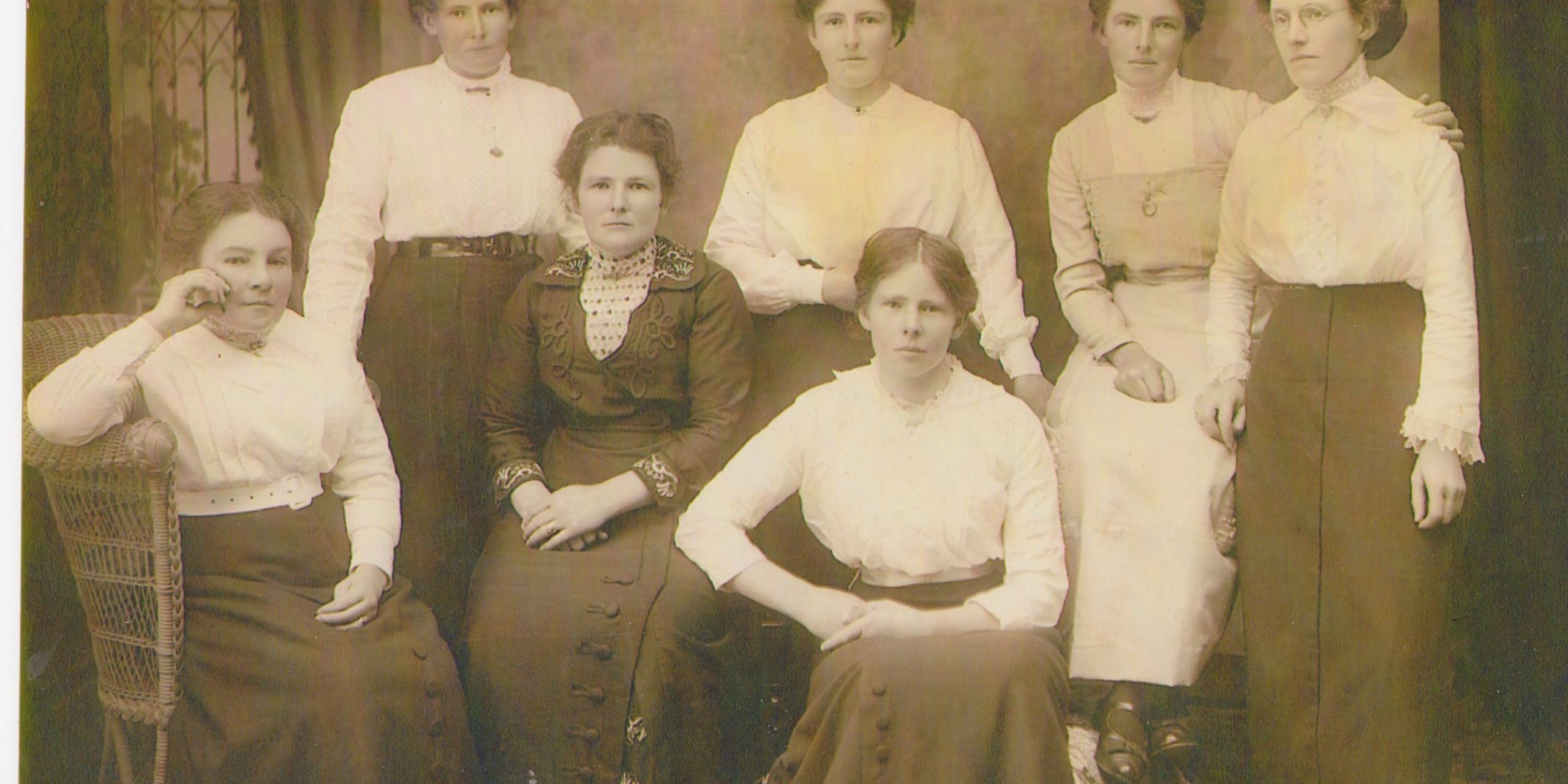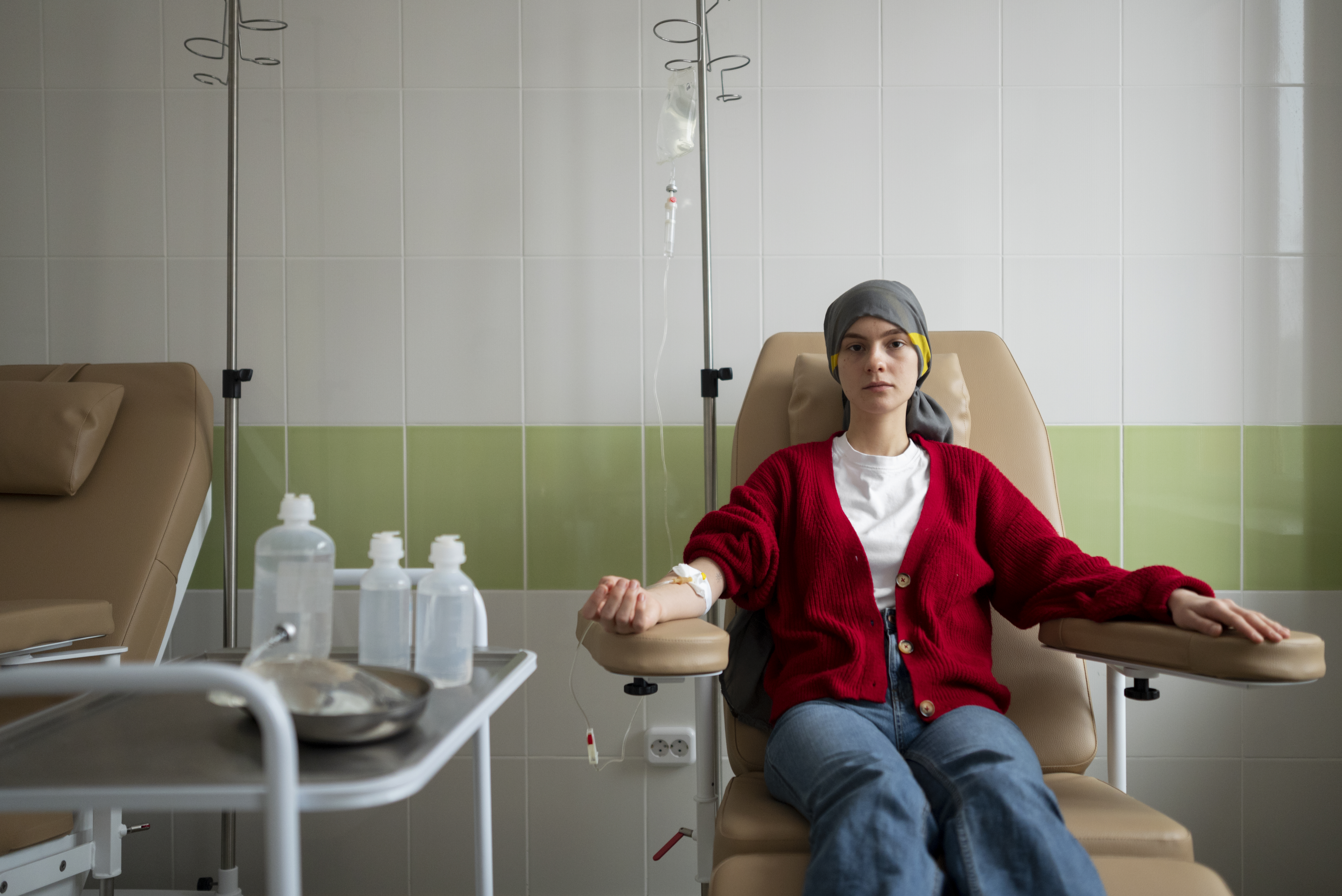The Bauckham sisters with their mother
I was delighted when my cousin Blanche drove from Petawawa (approximately 250 miles from Toronto) to visit me in the hospital. Blanche is my only relative in Canada except for my two daughters and two grandchildren. She and I are second cousins. Our fathers were first cousins and good buddies.
I value my friends, but my family is special. Most of my extended family are in New Zealand and many of them I lost when at 17 I left the Exclusive Brethren, the religion I grew up in. The Brethren use cult-like practices to control its members and when you leave you are excommunicated and cut off from the family and friends who remain in the church. I have not seen many of my relatives since that day. It’s a loss that leaves you with a feeling of not belonging, of having no culture, no turangawaewae as the Maori people would say. Turangawawae is our bond with our ancestors. It is our home and our foundation. It is our memories and our stories.
Families provide a sense of social identity, the feeling that we belong to something larger than ourselves. They preserve our cultural heritage and traditions so they may be passed down through generations. They give us a sense of continuity by providing a shared history and a link to the past.
Both family and friends are essential to our well-being. Indeed, human beings need each other to survive, Studies have shown that being cared for, especially when you’re sick, releases hormones into your bloodstream, feel-good hormones like dopamine, oxytocin, serotonin and endorphins.
This is not all in my head and I’m not getting sentimental because of my cancer. Studies have examined what happens inside a person’s body when they receive love and support from friends and family. They found through MRIs, blood tests and saliva analysis that receiving social support leads to significant increases in these healing hormones which boost the immune system by sending signals to decrease inflammation, increase blood and oxygen circulation, and increase the white and red blood cells and T cells. Among other things, these hormones help relieve stress which can adversely affect everything from coronary arteries to gut function and the immune system[1].
So, I was excited when Blanche arrived to see me. And she came bearing gifts from family in New Zealand who had taken up a collection and sent the money to Blanche so she could choose a gift for me. Blanche didn’t just visit me in the hospital and bring me gifts from the New Zealand family; she drove to my house in the Beach, cleaned up my sad-looking garden and left several containers of homemade broth in the freezer. A broth which warmed my heart and, because I was restricted to a liquid diet, was the most delicious meal I could even dream about. And she gave me a boost, a feeling that I belonged to something bigger than myself. Our dads, our grandmothers – the Bauckham girls – are part of us. Like the broth, that’s a warm feeling like being wrapped in a blanket.
On May 31, 1879, our great grandparents Charles and Ellen Bauckham and their five children, aged eight years to three weeks, boarded a ship at Plymouth, England destined for New Zealand.
In late August, after a cruelling three months at sea, the Rakaia sailed into Cook’s Strait to face a northwest gale that blew them out of the Wellington Heads and back into the sea. It took three more weeks to reenter the headlands and they finally docked in Wellington on September 9, 1879.
From Wellington, the Bauckhams transferred to a smaller ship to sail up the coast to Foxton port from where they were taken by train to Ashhurst (the village where I grew up).
And so it was, one year after arrival in New Zealand, Charles built a tiny two-room homestead in Ashhurst which he named Haven Ho. Over the next eight years, they had six more children including Annie (Blanche’s grandmother) and Fanny (my grandmother).
And therein lies part of Blanche and my shared story.
Here are links to three other stories about family.
A story about a hand-painted photograph is about my grandmother (on my mother’s side) and how I lost her to the Exclusive Brethren
Stuart and the bull is a story about my mischievous little brother
A visit from the nightrider is a story about the night my grandson visited me in the hospital
Health matters from my side of the bed is a collection of short stories about the people I’ve met, the food I’ve eaten, the memories that have been triggered, the thoughts I have, etc. since learning of my cancer diagnosis
[1] Kelly A. Turner, “Radical Remission” (2014) p 197






